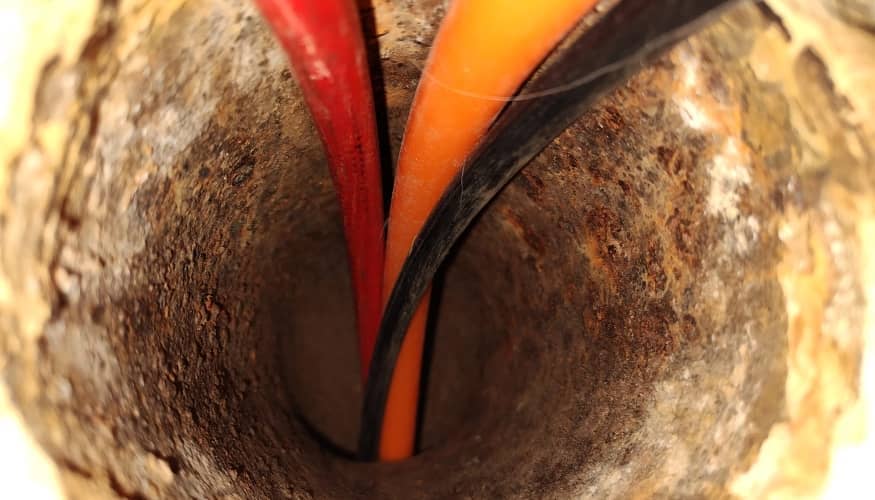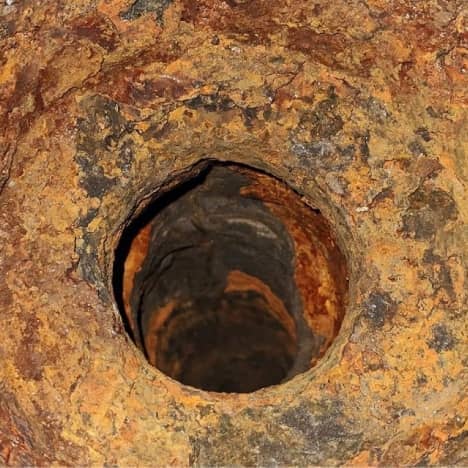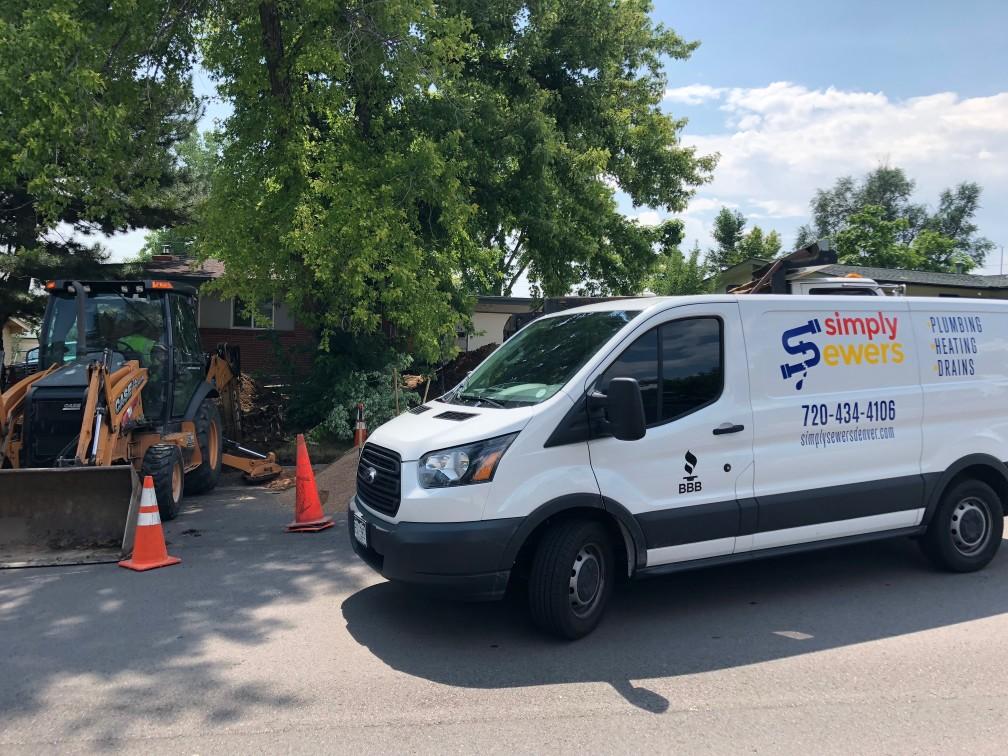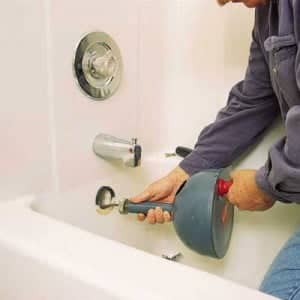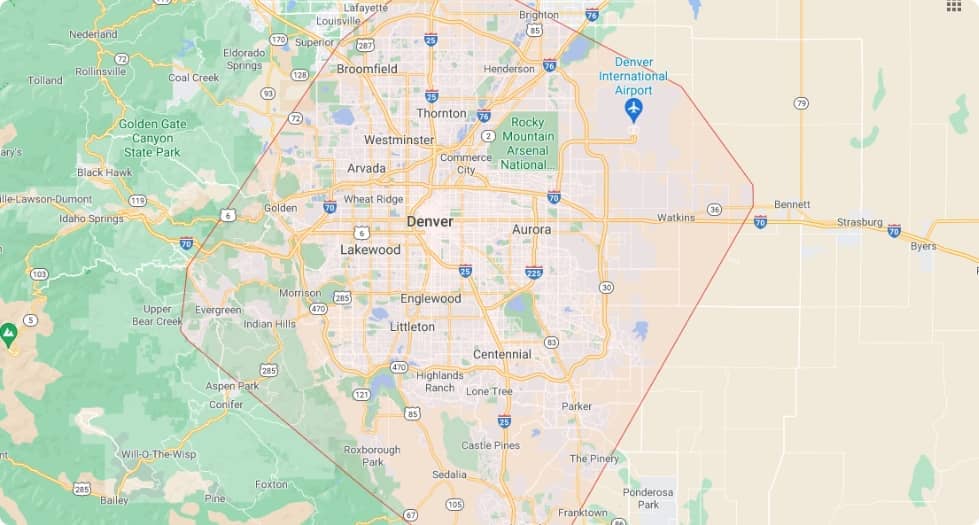Traditional ways of fixing pipes often involve digging deeply and causing a lot of damage. Epoxy pipelining is a better and less invasive way to fix pipes. But what is pipelining, and how can it help you with your plumbing? Let’s get into it!
What is Epoxy Pipelining?
Epoxy pipelining is a way to fix up old pipes and make them last longer without digging a new trench. With this method, the inside of the pipes are coated with a specially made epoxy resin, which essentially makes a new pipe inside the old one. To re-line your pipes a plumber will first clean the old pipes very well to get rid of any dirt, corrosion, or buildup. After the pipes are clean, the epoxy resin is put on them, usually with the help of an inflatable bladder or special equipment. It covers the inside of the pipes evenly. When it cures, it leaves behind a smooth, long-lasting, and corrosion-proof lining that makes the pipe work again.

Advantages of Epoxy Pipelining
Epoxy pipelining has many advantages that make it a popular choice for many businesses and homeowners.
Cost-Effective:
Traditional ways of fixing or replacing pipes can be pricey because they require a lot of work and time. Most of the time, epoxy pipelining is cheaper because it doesn’t require a lot of digging.
Minimally Invasive:
One of the biggest benefits is that your property will be disturbed as little as possible. Because epoxy pipelining doesn’t require digging a lot of holes, your landscaping, driveways, and other structures will stay in good shape.
Durability:
Corrosion doesn’t affect the epoxy coating at all, and it can last for decades. Because of this, it is a great long-term solution for fixing up pipes.
Improved Flow:
The epoxy lining’s smooth surface can help water flow and make it less likely that a blockage will happen again, making your plumbing system work better overall.
Environmentally Friendly:
When compared to traditional methods, epoxy pipelining is more environmentally friendly because it makes pipes last longer and reduces the need for new materials and a lot of construction.
When is Epoxy Pipelining Appropriate?
There are many good things about epoxy pipelining, but it might not work on every application. It works best on certain kinds of pipes and in certain situations.
Pipe Material:
The pipes that epoxy pipelining works best on are those made of cast iron, clay, PVC, and concrete. It doesn’t work as well on galvanized steel or pipes that have a lot of damage to their structure.
Pipe Condition:
The pipes that are already there must be strong enough to hold the epoxy coating. If the pipes are too broken, collapsed, or heavily corroded, there may be better ways to fix them.
Pipe Accessibility:
This method works great for pipes that are hard to get to with other methods. This includes pipes that are buried under roads, buildings, or other things.
Pipe Size:
There is a wide range of pipe sizes that can be lined with epoxy, but it is important to check that the pipes’ size and diameter are right for this method.
It is important to get a professional opinion on whether epoxy pipelining is the best way to fix your plumbing problems. The best way to fix your pipes will depend on their condition and material, how bad the damage is, and other factors that experts can look at.
Common Myths About Epoxy Pipelining
There are some false beliefs about epoxy pipelining that might make people hesitant, even though it has many benefits.
Myth: Epoxy Lining is a Temporary Fix
Epoxy lining, on the other hand, can last 50 years or more, so it’s not a quick fix but a long-term one.
Myth: It Reduces Pipe Diameter Significantly
The epoxy does add a layer inside the pipe, but it only makes it a little smaller, which doesn’t usually affect how the water flows.
Myth: It’s Only for Small Pipes
Epoxy pipelining can be used on pipes of all sizes, from small ones for homes to bigger ones for businesses.
Myth: It Can’t Handle High-Pressure Systems
Epoxy linings last a long time and can handle the pressures of most home and business plumbing systems.
Choosing a Professional Pipelining Service
When thinking about epoxy pipelining, it’s important to find a service provider with a good reputation and a lot of experience. Look for businesses that have been around for a while, have the right licenses, and have good reviews from past customers. The quality of the installation is very important for how well and how long the epoxy lining works.
Simply Sewers is a company in the Denver area that you might want to contact if you think epoxy pipelining could help your plumbing problems. They offer a professional pipelining service and can give you a full evaluation to see if this new method is right for you.
Overall
The epoxy pipelining method is a modern, effective, and minimally invasive way to fix and extend the life of your plumbing systems. Understanding what epoxy pipelining is and how it works will help you decide if this method is right for your plumbing needs. Remember that getting a professional opinion is the best way to find the best solution for your situation. If you do things the right way, you can save time, money, and avoid the problems that come with traditional pipe repair methods.


